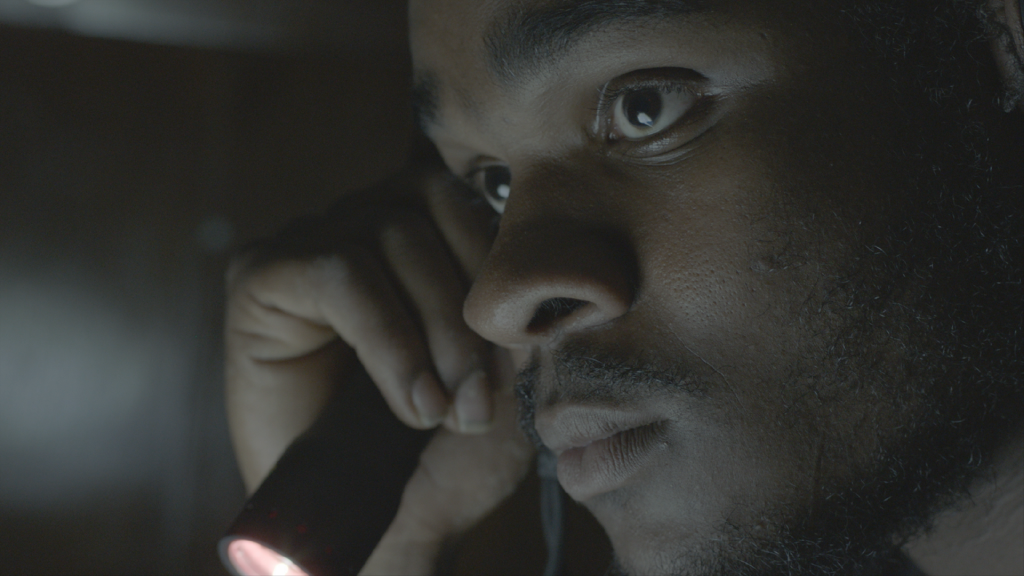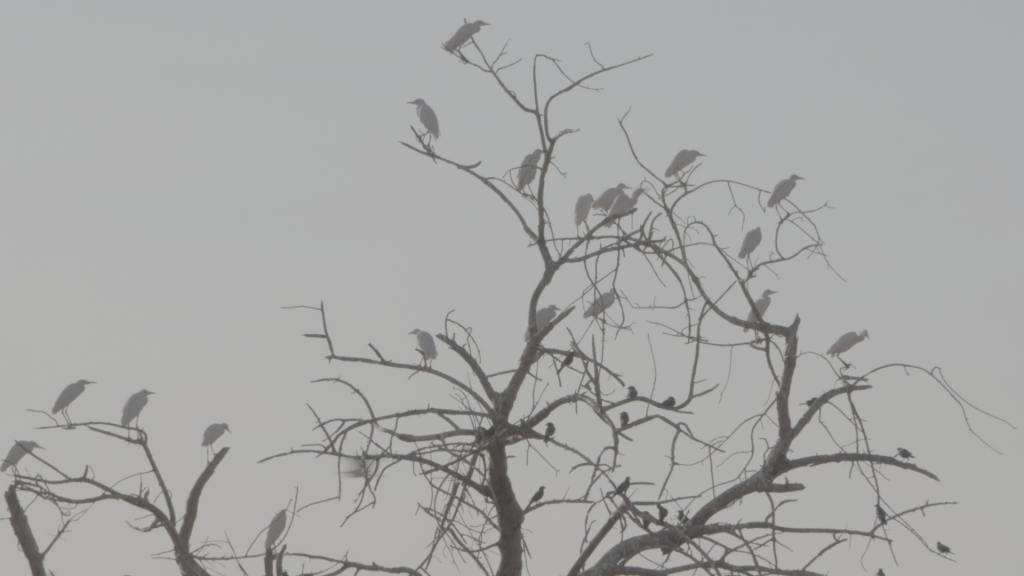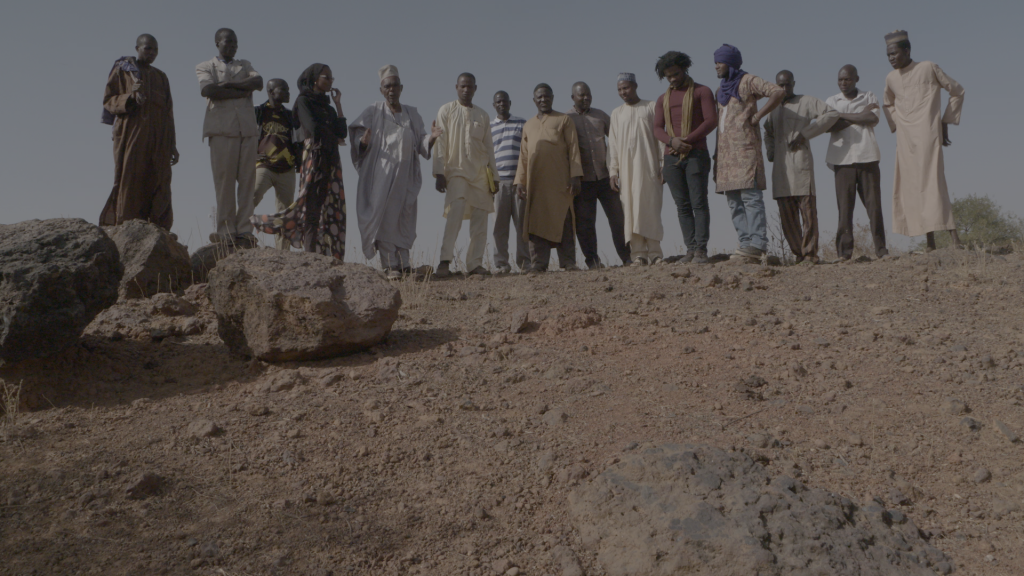African Apocalypse is an urgent and timely documentary stimulated by Joseph Conrad’s Heart of Darkness, directed by Rob Lemkin and fronted by British-Nigerian poet and activist, Femi Nylander. When Nylander uncovers the violent legacy of the real-life counterpart to Conrad’s novel, French Captain Paul Voulet, we are taken on a harrowing journey to Niger to revisit the horrors of imperialism in one of the world’s poorest nations.

Initially, our narrator’s hunt for Paul Voulet seems metaphorical and symbolic, up until we arrive at Voulet’s literal grave. It does become confusing as to what Nylander is actually trying to pursue. Even the native Nigeriens become puzzled by his expressions and question his motives. His sombre exterior is misinterpreted as unfeeling, while inside he is reckoning with his identity as an oppressed person living in an imperialist country and how that may skew Nigeriens’ perception of him. As a British-West African, I resonated with his sense of displacement; being viewed as ‘other’ in both nations you ‘belong’ to.

There is also a sense of misplaced guilt in acknowledging your privilege in contrast to people who look like you on the continent of Africa but were born into less fortunate circumstances. Nylander, an Oxford student, recognises how different his life may have been had he been born in Niger. That being said, it does not trivialise the anti-blackness Black people face in the West and appreciating the gravity of both realities can be quite the balancing act between hope and despair.

As Black History Month draws to a close, what better time is there to gain exposure to the brutality of colonialism in a region that is notoriously overlooked in history? More than anything, the documentary provides a platform for the people of Niger to express their anger and hurt from the past in their own words.

The content and substance of this documentary is important, but in an age where information needs to be visually stimulating to be digested and able to compete with the likes of Netflix documentaries, it falls short.
The structure could be improved, to direct the audience a bit more on Nylander’s mission and the reasons for travelling to various places throughout the documentary. A lot of dialogue in French, Arabic and other languages native to Niger can be alienating for those adverse to reading subtitles and risks losing the audience as these scenes do last quite some time.

This documentary is highly moving, deeply affecting and thought provoking. Learning about the colonial history and spiritual culture of Niger spurred me to do my own research and I hope it has a similar effect on others.
African Apocalypse is available on BFI Player from 30 October 2020 and will be shown by BBC later in the year.

